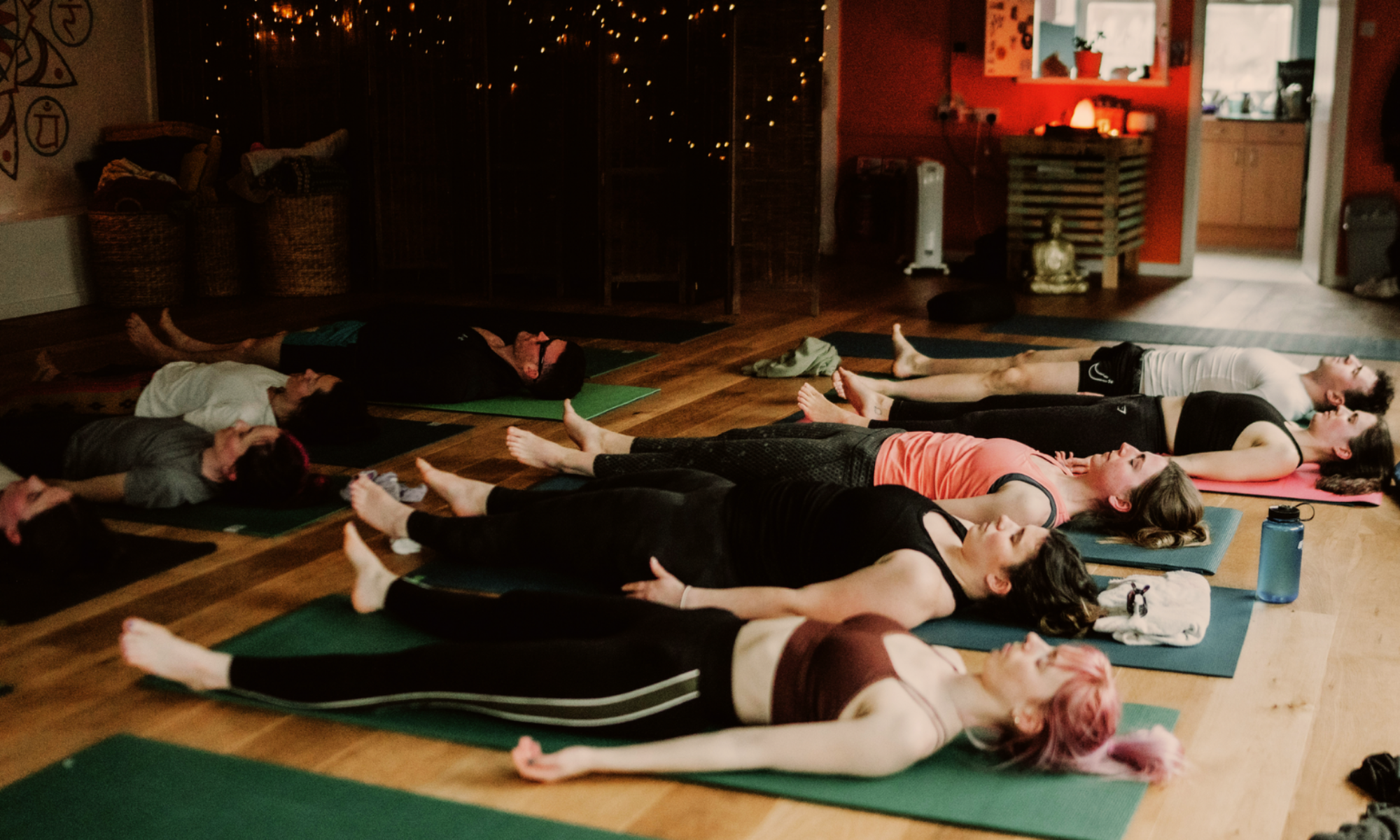Since July 2015 Shanti Bee has established itself as a leading proponent of consistently low cost therapies, as well as offering many donation-only health and wellbeing events in the North East.
Because of their ongoing commitment to offering low cost therapies, which are targeted at the real income levels of the different clients they see, a number of individuals with ongoing health issues, both mental and physical, have been able to work long-term with the therapists and therefore benefit fully and properly from this policy approach – I am one of these individuals and I want to take time here to outline why Shanti Bee’s policy is beneficial and in what way.
One of the health issues I manage is fibromyalgia; this is a long-term, painful condition with many challenging side-effects, amongst which are low mood, lack of restful sleep, poor concentration and lack of stamina. Stress and disrupted sleep exacerbate the condition and the current mainstream medical approach can only treat the symptoms from a ‘management’ point of view, rather than being able to resolve the condition. Many of those suffering from this condition face years, not months, of struggle with this condition which impacts many aspects of a person’s wellbeing, functionality and social relationships.
For the newly diagnosed this can soon mean a cocktail of painkillers, sleeping medication and antidepressants; a shrinking work, family and social life, poor mobility and an ongoing burden of physical pain. The cognitive psychological therapies and pain management courses which can be accessed (after a long wait), by some sufferers through the NHS have a somewhat uneven impact in alleviating symptom-load plus pain levels and successful employment of these approaches varies from individual to individual.
Over time it becomes apparent that supplementary and other pathways must be found to help alleviate the symptoms if sufferers are to have anything like a good quality of daily life. In my time I have practiced yoga and paced exercise, seen a nutritionist and radically altered my diet, tried many alternative health approaches as well as experimenting with an expensive array of supplements and alternative practices which I hoped would resolve a difficult condition which in short time had thoroughly disrupted my health, energy and wellbeing. Unknown to me at the outset this was a situation which was not easily going to lend itself to either management or resolution.
One of the best therapeutic supports for this condition I discovered was reflexology; this is a non-invasive treatment which can be hugely helpful in alleviating stress and encouraging relaxation whilst at the same time targeting specific focus points in the body through pressure points in the feet. In the hands of an experienced reflexology practitioner who has both a well-developed intuitive touch and the right professional training it can be hugely relieving of pain and discomfort.
However unless I was able to access low cost therapies on a long term basis with a therapist who operated a sliding scale, I was often confined to what my limited income could stretch to, or the occasional cycle of community funded sessions which might or might not be hosting reflexology treatments. Many times I would have to give my medical and treatment history over and over to a new and different practitioner who I might see for only a limited number of sessions.
Often in these situations the practitioners are either students or newly qualified practitioners and although this is an important part of a community’s alternative health culture and practice, sufferers with long-term health issues who are reliant on funded community alternative health treatments don’t always benefit from the attention of mature, well-qualified therapists. Unfortunately many individuals with long-term health issues have incomes and savings which have deteriorated in direct proportion to their ill health.
This is why Shanti Bee’s policy has proved so valuable and important; with well qualified and experienced practitioners on the team (as well as welcoming newly qualified therapists) many of us in the client role have been able to form consistent, regular, informed and sustained relationships with the therapists we see and who treat us for the health challenges we face. Communication, shared knowledge and reciprocal trust grow in such an environment and the therapist is able to work with increased understanding of the client on every level in terms of how their condition affects them, both physically and psychologically.
To date Shanti Bee have successfully supported sufferers of both long-term physical and mental health conditions and are continuing to build and develop this practice.
Currently Shanti Bee is located in the East End of Newcastle and I would encourage all those interested to view the events and activities calendar and to make time for a visit – not only to find support for your own wellbeing, but to help grow a culture of mutual support for all those involved in the Shanti Bee initiative, practitioners, participating clients, and the overall community in which it is housed.
Anonymous

